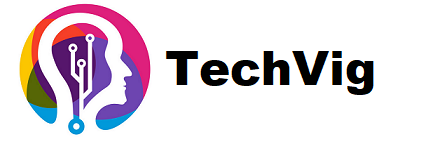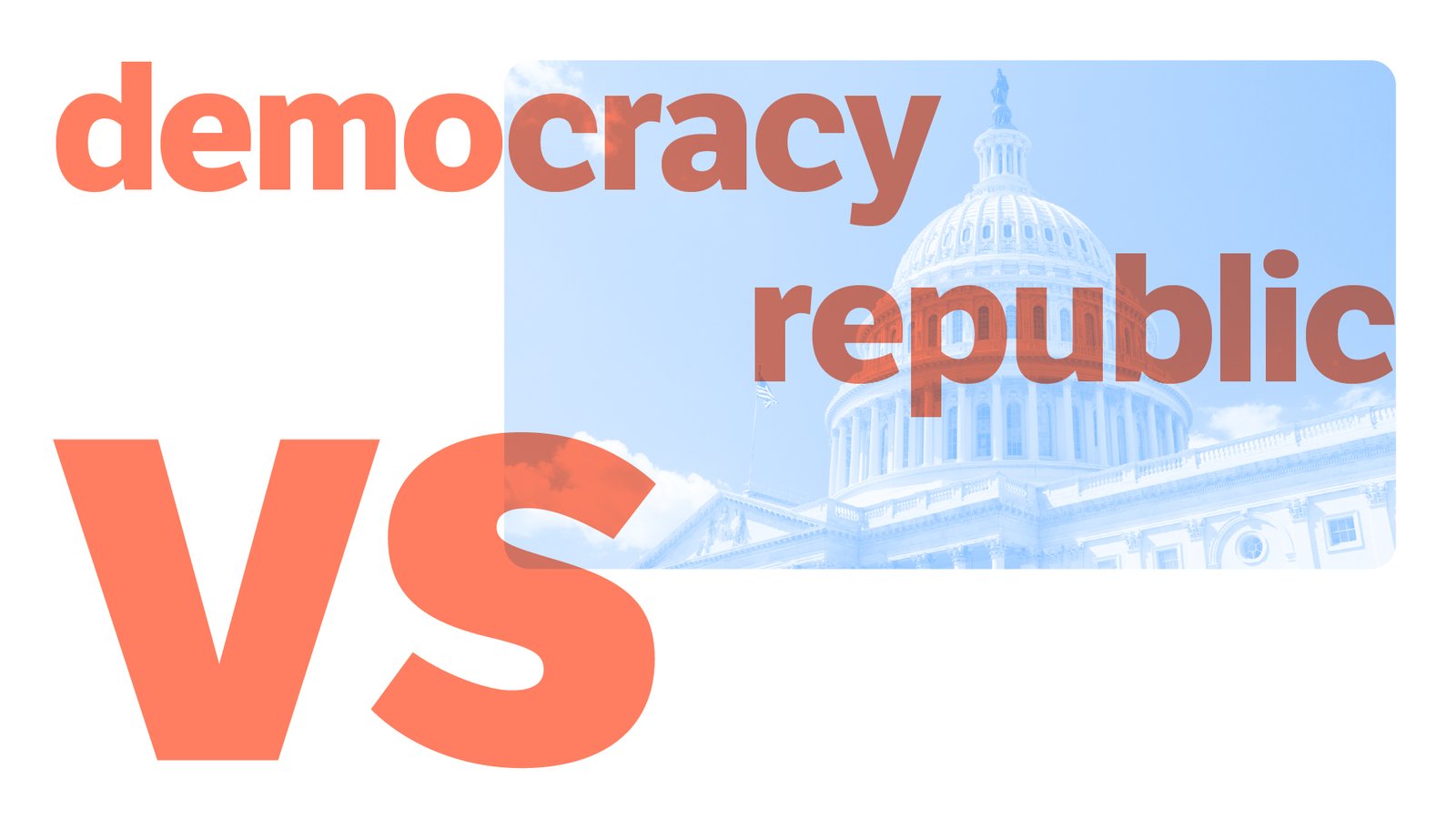Republic vs. Democracy
The terms “republic” and “democracy” are often used interchangeably, but they have distinct meanings. The people directly elect laws and policies in a democracy, which is where power resides. In a republic, elected officials hold sway and make decisions on behalf of the people.
What is a Republic?
A republic is a form of government in which elected officials hold power. Typically, elections are the method by which the people choose these representatives. They are responsible for making laws, setting policies, and overseeing the day-to-day operations of the government.
Key Features of a Republic
- In a representative government, elected officials rather than the general populace hold power.
- Rule of law: A constitution or other governing document limits the government’s authority and subjects it to the law.
- Checks and balances: The government is divided into different branches, with each branch having the power to check and balance the others. This helps to prevent any one branch from becoming too powerful.
Examples of Republics
- United States
- France
- Germany
- India
- Brazil
Exploring Real-World Examples
Case Studies: Application in Nations
- United States of America: Renowned as a republic, the USA’s governance structure embodies elected representatives administering decisions within the bounds of constitutional authority.
- Switzerland: Showcases elements of a direct democracy, empowering citizens to influence policy decisions through referendums and initiatives.
What is a Democracy?
A democracy is a form of government in which the populace holds power. The people may exercise their power directly, through a system of direct voting, or they may do so indirectly, through elected representatives.
Key Features of a Democracy
- Popular sovereignty: The people are the ultimate source of power.
- Political equality: All citizens have equal rights and opportunities to participate in the political process.
- majority rule: The majority of people make the decisions.
Examples of Democracies
- Switzerland
- Greece
- Taiwan
- Costa Rica
- Canada
Republic vs. Democracy: Key Differences
| Feature | Republic | |
|---|---|---|
| Decision-making: Laws and policies are made by elected representatives. | Laws and policies are made by the people directly, through a system of direct voting. | |
| Representation: The people are represented by elected officials. | The people are directly involved in decision-making. | |
| Rule of law: The government is subject to the law. | The people are the ultimate source of power, so they are not bound by the law. | |
| Checks and balances: The government is divided into different branches, with each branch having the power to check and balance the others. | There may be checks and balances, but they are not as well-defined as in a republic. |
The Pros and Cons: Republic vs Democracy
FAQs
Is a republic a democracy?
A republic is a type of democracy, but not all democracies are republics. A republic is a representative democracy, meaning that the people elect representatives to make decisions on their behalf. In a direct democracy, the people vote directly on laws and policies.
What are the advantages of a republic?
One of the main advantages of a republic is that it helps to protect the rights of minorities. In a direct democracy, the majority could vote to take away the rights of the minority. In a republic, the constitution or other governing document protects the rights of all citizens, regardless of their race, religion, or ethnicity.
What are the disadvantages of a republic?
One of the main disadvantages of a republic is that it can be slow and inefficient. Representatives may have different interests than the people they represent, and they may not always act in the best interests of the people.
What are the advantages of a democracy?
One of the main advantages of a democracy is that it is more representative of the will of the people. In a direct democracy, the people have a direct say in how their government is run. In a republic, the people have to rely on their elected representatives to make decisions on their behalf.
What are the disadvantages of a democracy?
One of the main disadvantages of a democracy is that it can be unstable. The people can vote to change the government at any time, and this can lead to frequent changes in policy. This can make it difficult for the government to plan for the long term.
Conclusion
Both republics and democracies are forms of government in which the people have a say in how their country is run. Republics are more representative of the will of the people, but they can be slow and inefficient. Democracies are more unstable, but they can be more responsive to the needs of the people.






